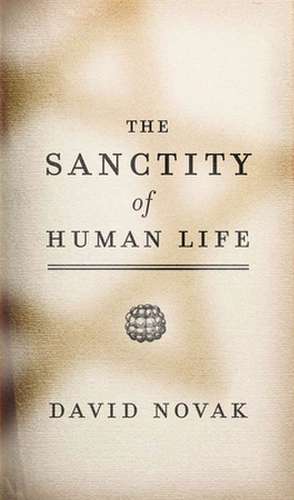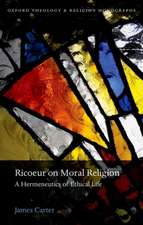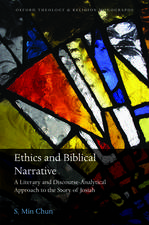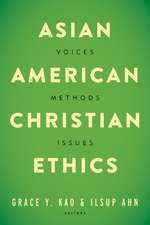Novak, D: The Sanctity of Human Life
Autor David Novaken Limba Engleză Paperback – 30 apr 2009
Preț: 460.51 lei
Nou
Puncte Express: 691
Preț estimativ în valută:
88.11€ • 92.01$ • 72.76£
88.11€ • 92.01$ • 72.76£
Carte tipărită la comandă
Livrare economică 15-29 aprilie
Preluare comenzi: 021 569.72.76
Specificații
ISBN-13: 9781589015043
ISBN-10: 1589015045
Pagini: 208
Dimensiuni: 140 x 216 x 12 mm
Greutate: 0.3 kg
Editura: Georgetown University Press
ISBN-10: 1589015045
Pagini: 208
Dimensiuni: 140 x 216 x 12 mm
Greutate: 0.3 kg
Editura: Georgetown University Press
Descriere
Weaves a tapestry of evidence to conclude that the Jewish understanding of the human being as sacred, as the image of God, is in fact compatible with philosophical claims about the rights of the human person - especially the right to life - and can be made intelligible to secular culture.









